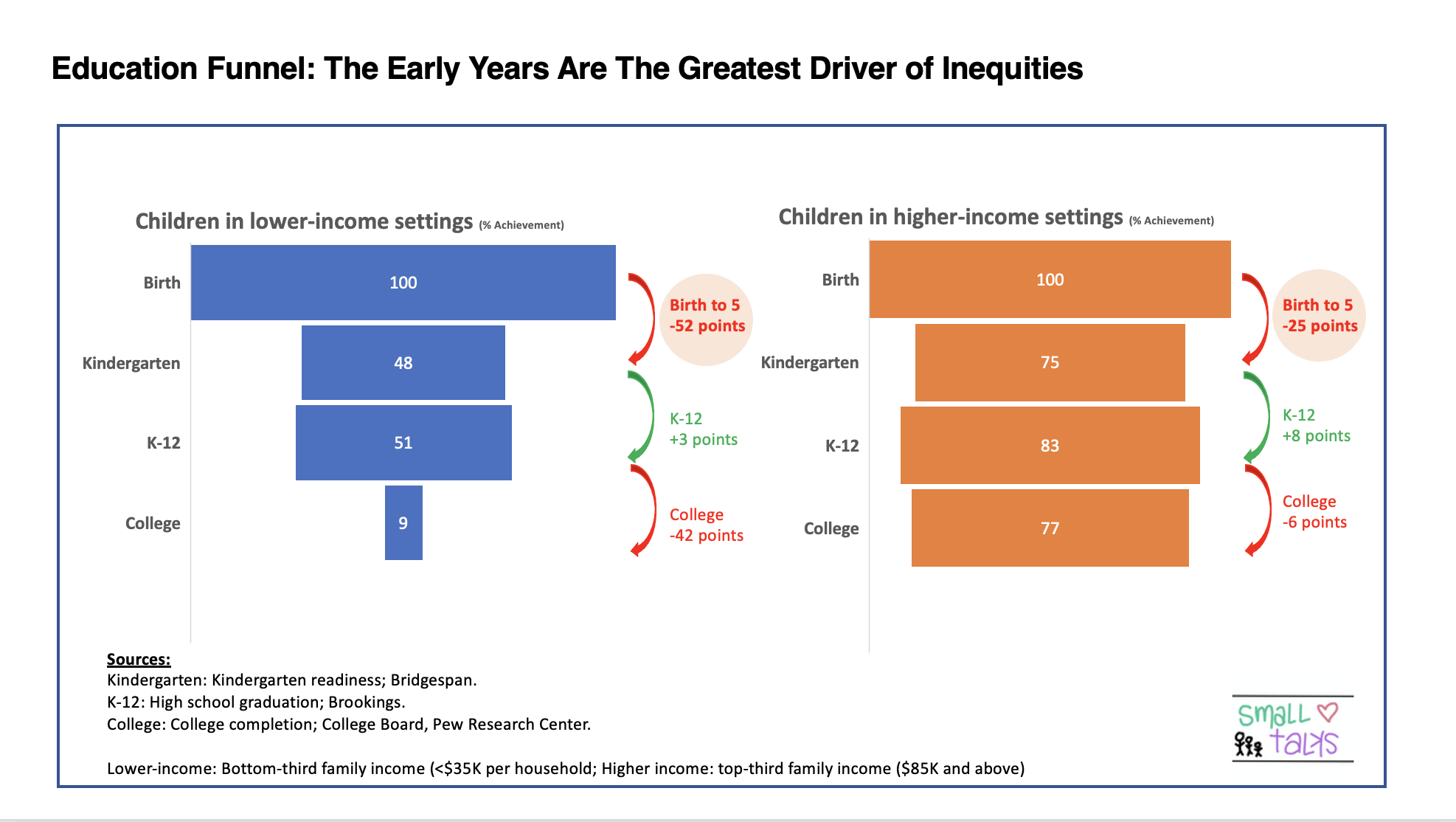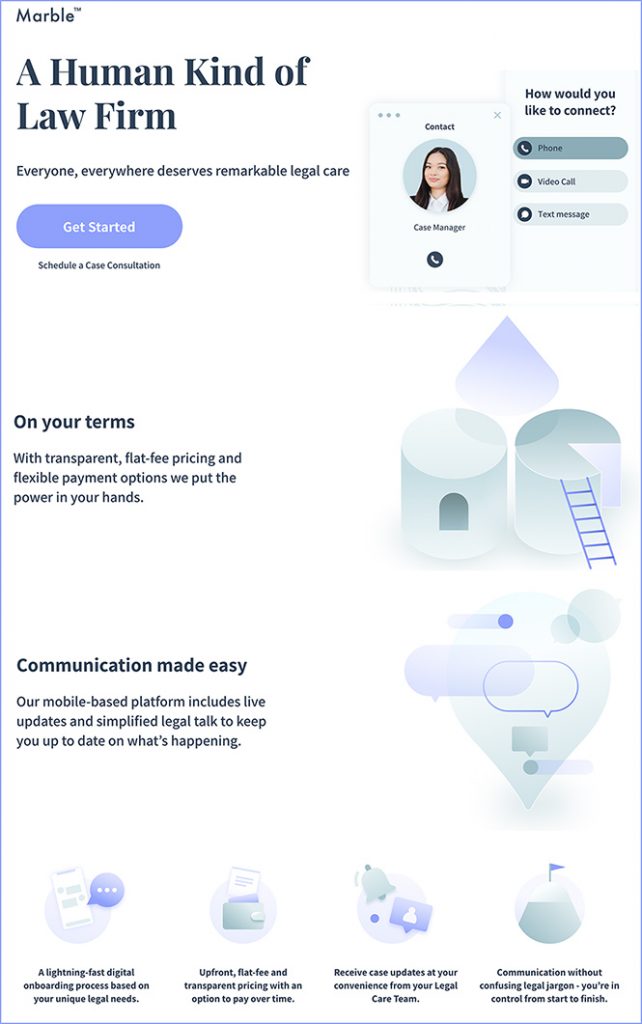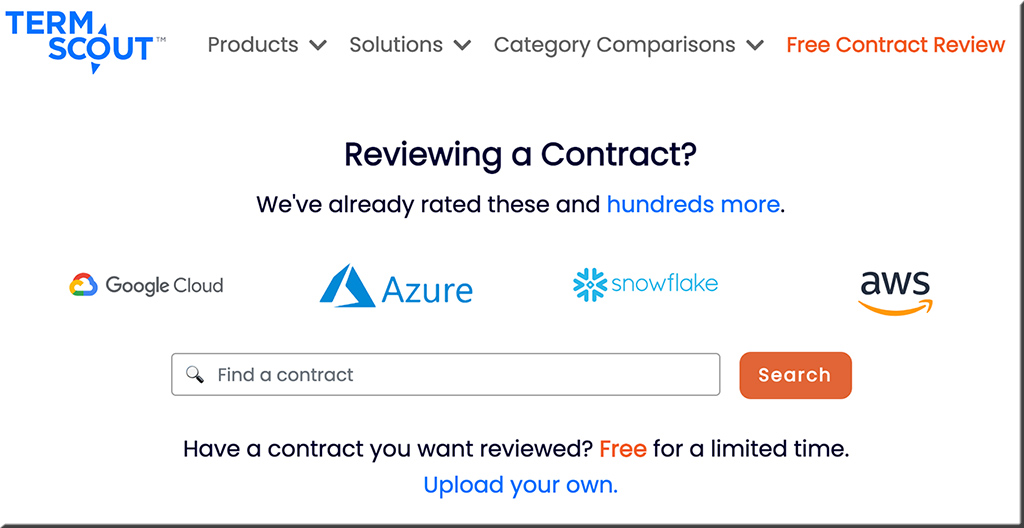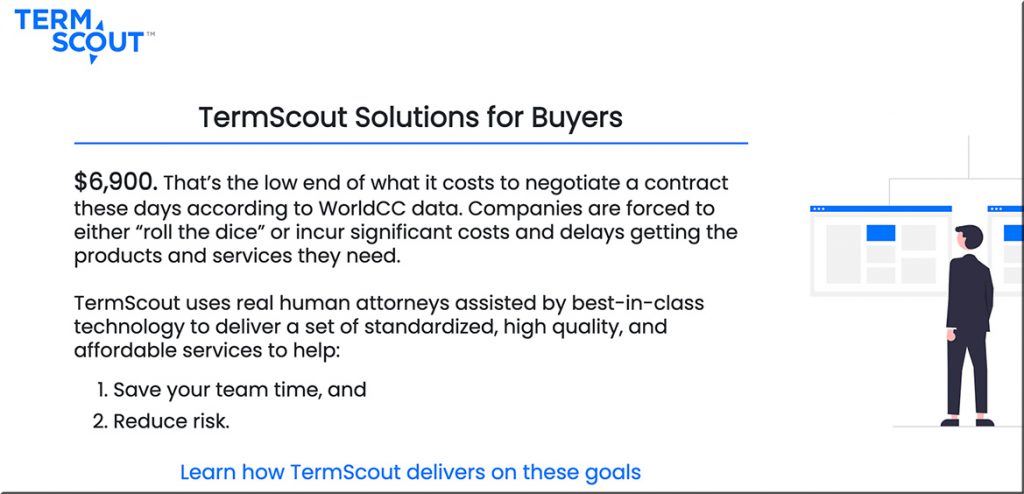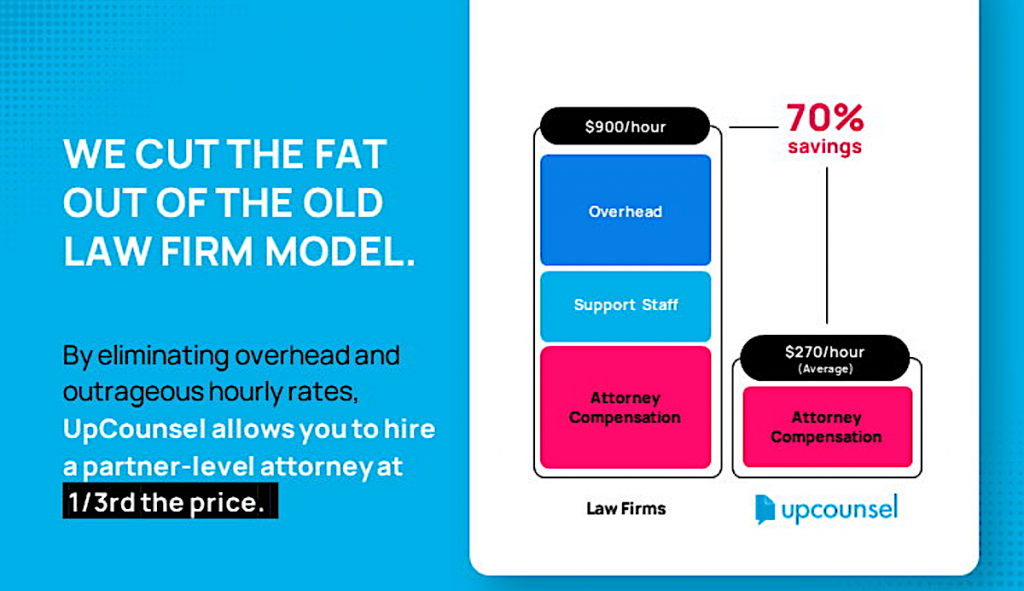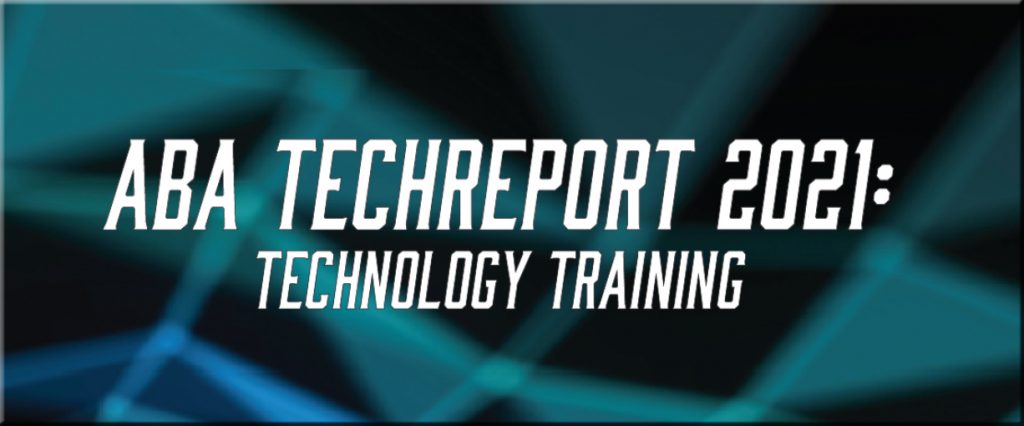The Future of Digital Court Reporting — from legaltalknetwork.com by Tony Sirna, Jim Calloway and Sharon Nelson
Tony Sirna gives an overview of the evolution of digital court reporting and the improvement it has brought about in court proceedings.
Also see:
Webinar: What NOT to do in 2022. Legal Tech trends to ignore! — from onit.com
Excerpt:
How can you sort the helpful trends from the hype?
Three experts from Buying Legal, Consilio and Onit recently gathered to discuss just that. Together, they explored the current state of legal tech and AI, how corporate legal departments should function as we enter the new year and which current legal trends are better to avoid.
Read on to learn which legal tech trends you might want to pass on as we enter 2022.









